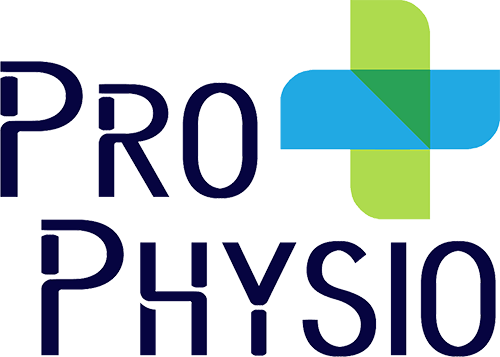– car accident can do more than just damage your car and make it difficult to get around. Even a relatively mild car accident such as a ‘fender bender’ can put your body under a tremendous amount of force. Sudden force applied to your body from the front, back or side can cause damage to your soft tissues such as your muscles and ligaments, and it can leave you feeling sore and uncomfortable for days or even weeks after the accident occurred.
Even if your car looks fine after an accident, it’s best to get it checked out by a mechanic to make sure that it’s running smoothly and safely. Your body is even more complex, intricate and important than your car, so you need to do the same thing after you have has been in an accident. Something could be knocked out of place, strained, pulled or just plain sore. A physiotherapist has tertiary qualifications in anatomy and physiology, and they can conduct a thorough assessment to ensure that you are in optimal health.
If a problem is identified, then a physiotherapist is able to –
- Diagnose it
- Assess its severity
- Educate you about the problem, so you understand what is happening and how long it may take to heal
- Advise you on safe activities and techniques to prevent further damage occurring
- Devise a pain management and treatment plan
- Assist with injury rehabilitation
- Support you to work and exercise in a way that minimises your symptoms and promotes healthy function, mobility and strengthening
What are common injuries from a car crash?
A car crash can cause a range of possible injuries. Here are some of the ones we see most frequently –
- Whiplash
- Back pain
- Chest injuries
- Spinal injuries such as a vertebral fracture
- Headaches
- Fractures
- Strains or sprains
- Neck injuries
- Arm and leg injuries
Whiplash
Whiplash is quite a painful and common injury from car crashes, and it occurs after the neck is snapped quickly forward and backwards or from side to side. The structures inside the neck such as the soft tissue (your muscles and tendons) can become overstretched and painful.
Symptoms of whiplash:
- Neck pain
- Tenderness
- Stiff neck
- Swelling in the area
- Headaches
While whiplash may resolve on its own, it can sometimes last for months following an injury – and it’s important to get suspected whiplash checked out by a healthcare professional to rule out any other injuries.
A physiotherapist is qualified to assess and diagnose whiplash, and to provide support with pain management and injury rehabilitation. They can advise you on how to safely exercise to avoid further strains and they can provide pain relief in the form of hot and cold packs, TENS machines and soft tissue massage.
Muscle Pain
After a car accident, you can find you have sore and strained muscles in more places than just your neck. A physiotherapist can assess for any further damage such as a fracture, and order tests to rule out any more serious injuries than a strain or a sprain. They can assist you with pain management and injury rehabilitation just as they can with whiplash. Additionally, they can provide you with support about how to reduce muscle soreness and stiffness, improve strength, and advice about how to exercise without exacerbating the injury.
Spinal Injuries
Unfortunately, a car accident can also result in a range of spinal injuries. These are often diagnosed with medical imaging such as a CT scan or X ray, and they can be of varying severity, occasionally causing severe symptoms such as paralysis. Even comparatively ‘minor’ spinal injuries can cause significant pain and challenges to those who experience them. These include injuries such as:
A disc bulge, where the shock absorbent disc between the vertebrae bulges out of place and can lead to pain
A vertebral fracture, that occurs when one of the vertebrae in the spine is fractured
Spinal cord injuries, where the spinal cord itself is damaged and which can lead to paralysis
Physiotherapists are experts in anatomy and can advise on safe recovery and activity from spinal injuries, as well as supporting clients to relearn skills such as walking if required. From the promotion of normal movement and function, rebuilding weak muscles, balance support, lifestyle and activity modifications to pain management, a physiotherapist is the go-to healthcare professional for spinal injuries.
Chest injuries
Chest injuries are another common complication as a result of car accidents. These include –
- A collapsed lung, where pressure in the chest makes it difficult for a lung to inflate normally
- A bruised chest wall
- Damage to the ribs, such as a bruised or fractured rib
Physiotherapists are able to provide support for pain resulting from chest injuries, safe movement advice, breathing exercises, muscle strengthening exercises, and lifestyle modifications throughout chest injury rehabilitation.

